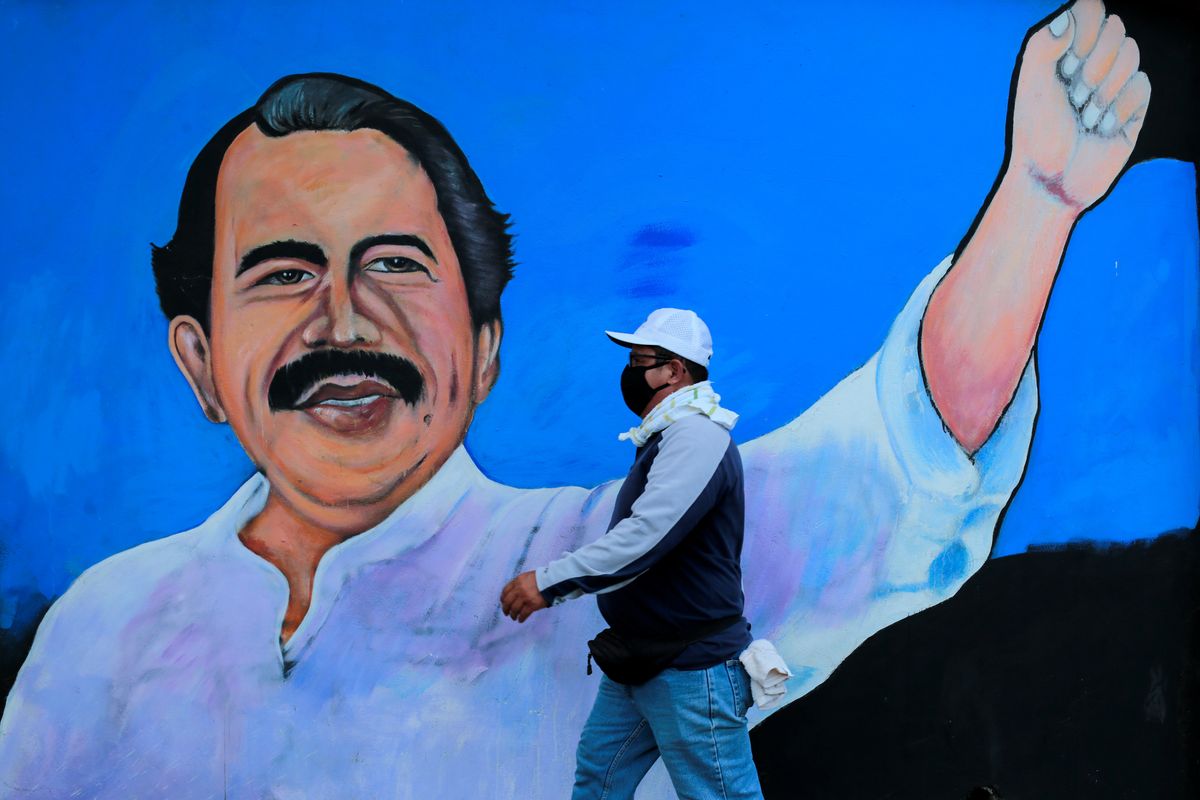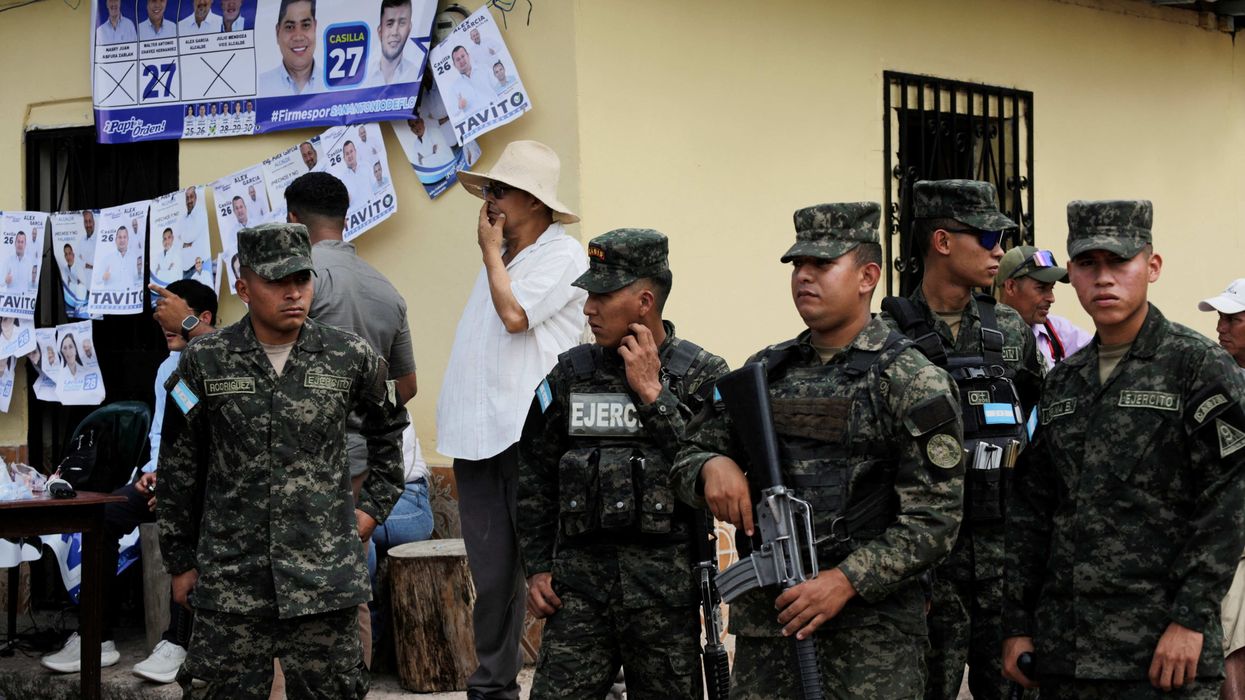Russia's search for supplies: As Russia now records the second highest number of cases in the world, the Kremlin has asked the United States for much-needed medical supplies. You may recall that it was barely a month ago that Russia was lavishing medical aid on the US, in what was viewed as a propaganda coup for the Kremlin. Washington now says it will send Moscow a shipment of test kits and excess ventilators in the coming days. For months, medical workers in Moscow and St. Petersburg have warned that the virus was spreading like wildfire in hospitals because of an acute shortage of protective equipment, even as President Putin and other top officials claimed the situation was "under control" and cracked down on critics of the government's response. President Putin has pointed to Russia's low death toll as proof that things are going well — it has registered fewer than 2 deaths per 100,000 people, against 27 in the US and more than 50 in the UK, Italy, and Spain. But critics say the Kremlin is undercounting COVID-19 deaths, and that the toll could be 70 percent higher than official data show.
Deaths in Sweden: Sweden's approach to COVID-19 continues to be a source of intense controversy. Its government has not ordered citizens to stay home or wear masks. It has closed universities and banned large public gatherings, but it hasn't shuttered schools, bars or restaurants. The hope is that by allowing the virus to work its way through healthier people—even as precautions are taken for the elderly and people with underlying health problems—a large number of people will develop immunity. Thus, a future wave of the virus will kill far fewer people—leaving less human and economic damage in total. Is it working? On the one hand, more Swedes died in April than in any month in the past 27 years, and its death rate is much higher than in other Scandinavian countries. On the other, it has avoided the death tolls we've seen in Italy, France, Britain, and New York City, where lockdowns have been the rule. Whether there's a lesson here for other countries is another question.


















